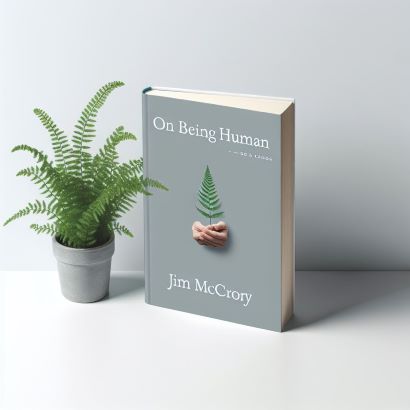
Who are your favourite characters in literature and film? Perhaps Bruno from The Boy in the Striped Pyjamas, Atticus Finch in To Kill a Mockingbird, Oscar Schindler in Schindler’s List, Gandalf the Grey in The Lord of the Rings, Andy Dufresne in The Shawshank Redemption, Abbé Faria in The Count of Monte Cristo, Dorothy in The Wizard of Oz, or even Othello in Shakespeare’s play of the same name?
Did you notice the common trait they share? They are all embodiments of kindness. But why are we naturally drawn to characters like these? Why don’t we gravitate towards characters like Amon Göth from Schindler’s List, Fernand de Morcerf from The Count of Monte Cristo, or Iago from Othello?
The answer lies in a profound force that influences us all—a benign force known as the Law of Universal Justice. As Martin Luther King, Jr. eloquently stated, "The arc of the moral universe is long, but it bends toward justice." This principle is deeply connected to our attraction to noble characters. If we were merely biological entities, driven solely by survival instincts in a cold, indifferent universe, concepts like love, kindness, and self-sacrifice wouldn’t exist. Good and evil would lose their meanings entirely. We wouldn’t be drawn to moral characters because morality itself would be irrelevant. Good and evil can only exist in a moral universe.
But if goodness exists, how do we define it? Why do we feel compelled to do good if our existence is merely a result of chance, dictated by the "survival of the fittest"? Consider how one person gives generously and finds happiness, while another inflicts pain and suffers from a guilty conscience. The difference lies in that gentle nudge we all feel—a natural inclination toward what’s right.
Romans 2:14-15 (NIV) captures this idea succinctly:
"Indeed, when Gentiles, who do not have the law, do by nature things required by the law, they are a law for themselves, even though they do not have the law. They show that the requirements of the law are written on their hearts, their consciences also bearing witness, and their thoughts sometimes accusing them and at other times even defending them.”
Interestingly, science has also uncovered the therapeutic value of random acts of kindness, contrasting sharply with the outcomes of random acts of evil. So, why do we lean toward kindness? Perhaps it’s because we are inherently designed to do so.
